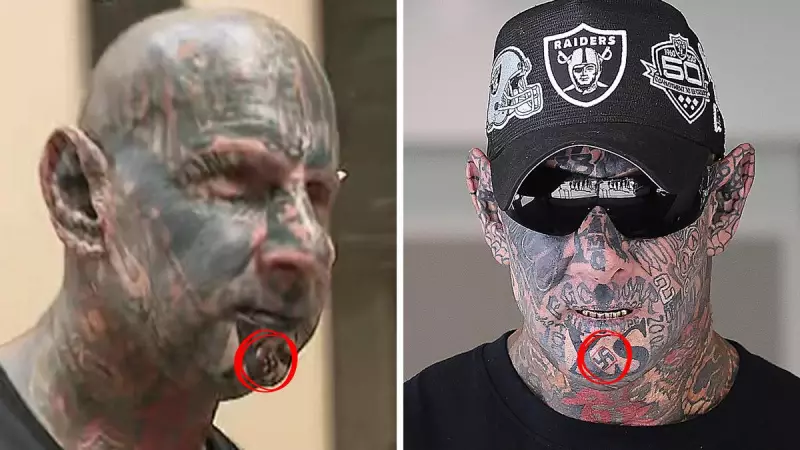
In a bizarre twist that left Perth's legal circles shaking their heads, a prominent bikie's radical solution to avoid police attention has spectacularly backfired in the District Court of Western Australia.
The Desperate Cover-Up Attempt
Dayne Brajkovich, a known member of the Club Deroes outlaw motorcycle gang, made the shocking decision to have a swastika tattooed over his club colours in what he claimed was an attempt to "stay out of trouble" with Western Australia's stringent anti-consorting laws.
The 30-year-old appeared before Judge Carmel Barbagallo, where the court heard how Brajkovich had gone to extreme lengths to conceal his gang affiliations. His defence lawyer argued that covering the bikie insignia with the hate symbol was meant to demonstrate his intention to distance himself from the club.
A Plan That Backfired
However, the controversial cover-up only brought more attention to Brajkovich, who was already facing serious legal challenges. The court learned that instead of helping his situation, the extreme measure raised more questions about his judgment and associations.
Judge Barbagallo didn't mince words when addressing the unusual strategy, noting that replacing one problematic symbol with another equally offensive one was hardly a convincing demonstration of rehabilitation or changed behaviour.
WA's Tough Stance on Bikie Activity
The case highlights Western Australia's continued crackdown on outlaw motorcycle gang activity through anti-consorting laws designed to disrupt criminal networks. These laws make it illegal for known gang members to repeatedly associate with each other.
Brakovich's case demonstrates the lengths to which some individuals will go to circumvent these restrictions, even if it means adopting even more controversial symbols in the process.
The failed tattoo strategy serves as a cautionary tale about desperate measures taken to avoid legal consequences, and raises important questions about the effectiveness of such extreme personal modifications in the justice system.





